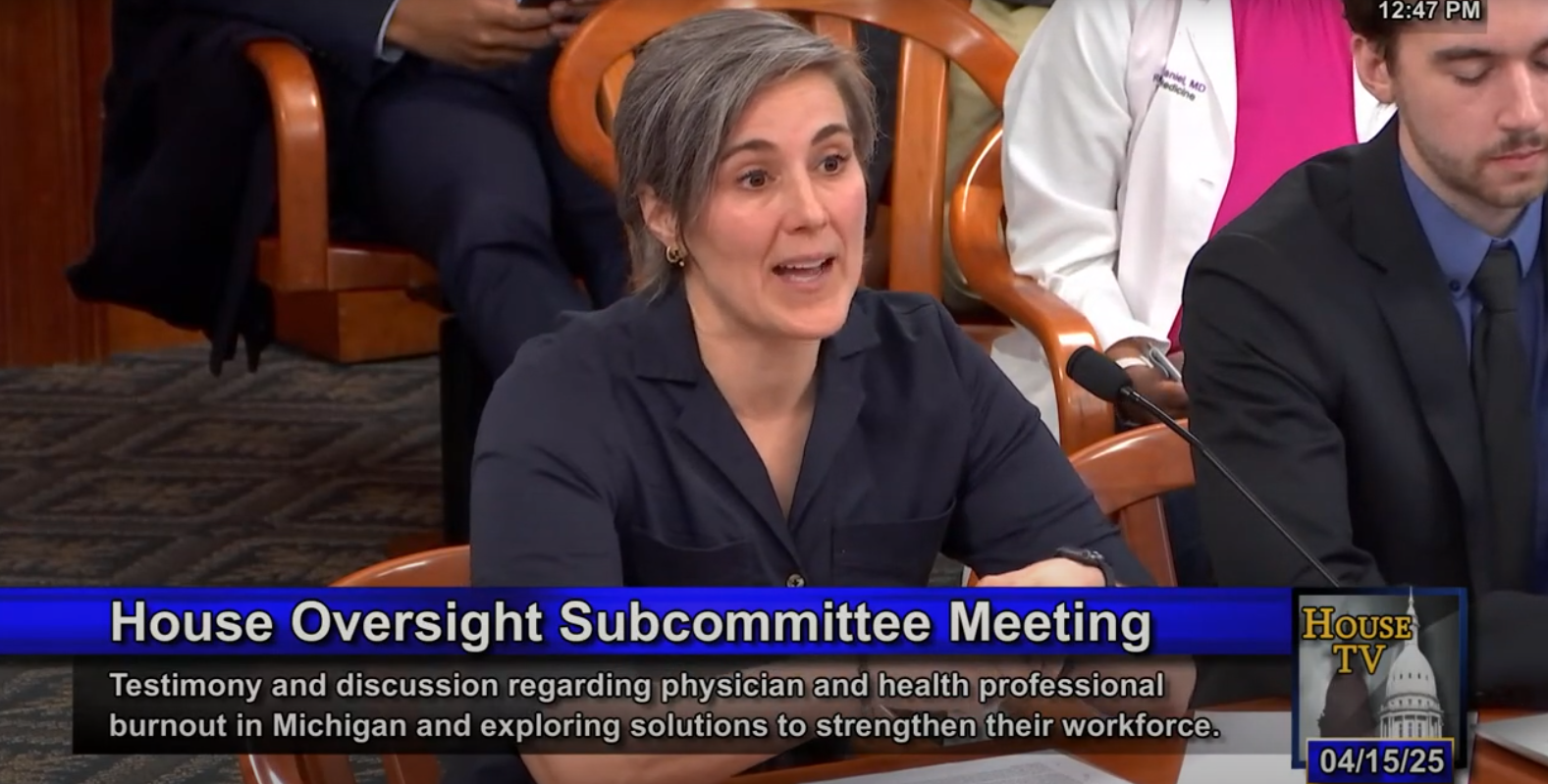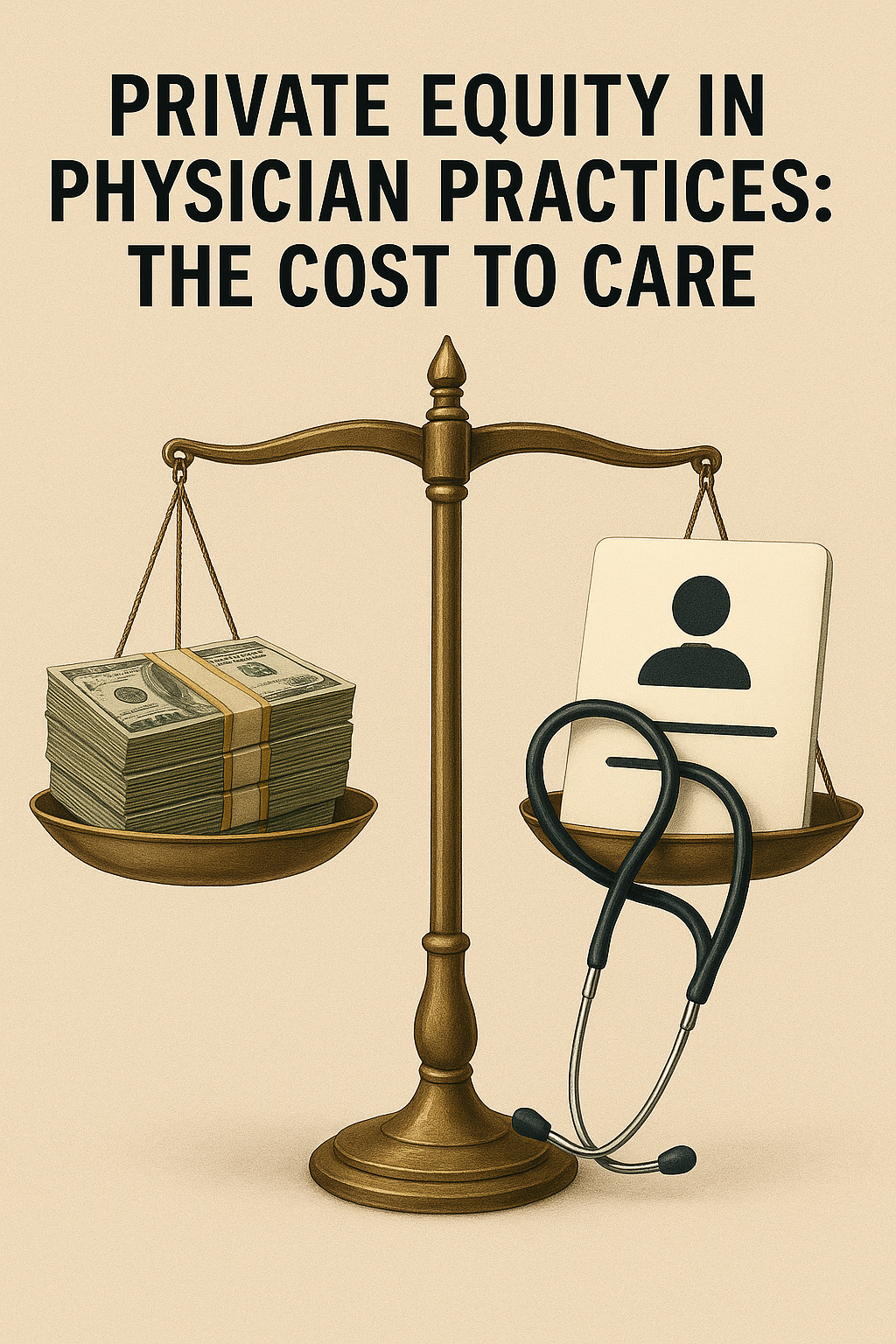Miscarriage Myths Debunked: Evidence-Based Guidance for Patients and Clinicians
.png)
Miscarriage is a common reproductive health event, affecting around 1 in 5 known pregnancies.
Despite its prevalence, however, the subject continues to be surrounded by pervasive myths that cause stigma, unnecessary guilt, and emotional distress for patients.
In this article, we’ll clarify:
- What causes miscarriage and the realities of its diagnosis.
- The most pervasive miscarriage myths.
- The difference between controllable and uncontrollable factors, and
- How practice owners can better support their patients with evidence-based care.
Understanding the Reality of Miscarriage
Miscarriage is often seen as rare or avoidable, but the truth is more nuanced.
Most miscarriages are caused by something a woman could not have prevented, and doctors often find it difficult to identify the cause in any case.
This is because:
- The major cause of miscarriage occurs randomly. Some 80% of miscarriages occur in the first trimester, and 50% of those are caused by abnormal chromosomes in the fetus. These abnormalities are difficult to predict and, importantly, unrelated to the health or actions of the parents.
- Multiple factors can cause miscarriage, including hormonal imbalances, structural issues in the uterus, and undiagnosed or chronic medical conditions. Pinpointing an exact cause is often difficult—especially if risk factors overlap.
- Recurrent miscarriage is rare. With only 1% of women experiencing multiple miscarriages, it is difficult for doctors to establish a pattern or identify a specific cause in women without a history of losses.
Debunking Common Miscarriage Myths
Misconceptions about miscarriage perpetuate unnecessary guilt and silence. Let’s address some of the most common myths to separate fact from fiction.
Myth 1: Miscarriages Are Rare
As established earlier, miscarriages are far more common than most realize. Around 15% of known pregnancies end in miscarriage, which equates to around 23 million each year worldwide.
But here, the emphasis is on the word “known”.
Some miscarriages occur before a woman is aware that she’s pregnant, while others mistake pregnancy for a late period. Taking these factors into consideration, the actual miscarriage rate may be as high as 25%.
Myth 2: Stress Causes Miscarriage
While chronic stress can impact overall health, there is no direct evidence linking short-term stress to miscarriage.
Pregnant women should not feel guilty because they were stressed in peak hour traffic or before an important work deadline, for example.
Myth 3: Exercise or Sex Can Trigger a Miscarriage
Normal physical activity—including exercise and sex—does not increase miscarriage risk in uncomplicated pregnancies. But it's a good idea to avoid contact sports and activities with an increased risk of trauma or falls.
In general, staying active can support overall health unless a healthcare provider advises otherwise.
Myth 4: Miscarriage Means Future Pregnancy Problems
Most women who experience a miscarriage go on to have healthy pregnancies.
Despite the anxiety that trying again may cause, women should know that the odds are stacked in their favor. Fewer than 5% will experience two consecutive miscarriages, and less than 1% will experience three.
Recurrent pregnancy loss (defined as two or more consecutive miscarriages) is rare and often linked to underlying medical conditions that can be treated with proper care.
Myth 5: Lifestyle Choices Are Always to Blame
While smoking, heavy alcohol use, and obesity are clearly harmful to a healthy pregnancy, they are rarely the sole cause.
Most miscarriages, as we established earlier, are due to factors like chromosomal abnormalities—not a woman’s behavior or choices.
What Women Can Control (And What They Can’t)
For many women, distinguishing between what is and isn't in their control can be a source of tremendous empowerment and relief.
Let’s break each of these down to better understand the distinction.
What Women Can Control:
- Healthy lifestyle choices, which include eating a balanced diet and avoiding drugs, alcohol, smoking, and strenuous physical activity.
- Prenatal Care. Early check ups reduce complications during pregnancy and screen for infections and other health issues.
- Chronic condition management. Studies show that cardiometabolic health conditions in particular are linked to elevated miscarriage risk. This makes proper management of heart disease, hypertension, and type 2 diabetes crucial.
What Women Can’t Control:
- Genetic abnormalities
- The natural decline in egg quality with age.
- Previous pregnancy complications.
- Certain inherited or unavoidable health conditions.
How Clinicians Can Support Women
For healthcare providers, miscarriage is one of the most sensitive topics to address. Compassionate, evidence-based care can make all the difference in how patients process and cope with loss.
1. Lead with Empathy
As a clinician, it’s vital to acknowledge the emotional weight of the situation with statements like “I’m sorry this happened” or “This is not your fault”.
What’s more, avoid minimization. Phrases like “It wasn’t meant to be” or “At least you can try again” can come across as dismissive despite the best of intentions.
Instead, acknowledge their loss and affirm their right to grieve: “I know how important this pregnancy was to you, and I’m here to support you through this.”
2. Educate Patients with Facts
To counter misinformation, it is also important to provide clear explanations about the causes of miscarriage.
For example, emphasize that chromosomal abnormalities are natural and unpreventable, and explain that activities like exercise and sex are safe in most pregnancies.
3. Normalize the Experience
Encourage patients to talk openly about miscarriage by framing it as a common part of reproductive health. Again, this must be done in a way that respects the patient’s needs and emotions.
Using terms like “pregnancy loss” rather than “failure” helps reduce stigma, as does creating a safe environment for discussion in the first instance.
It may also be helpful to encourage advocacy and mention public figures who have openly shared their miscarriage experiences.
4. Offer Tailored Resources
Every patient copes differently, and each requires care that is relevant, respectful, and dignified.
Clinicians should be prepared to:
- Offer clear, accessible information about what happened medically, what to expect in recovery, and when it’s safe to try again.
- Offer referrals to support groups or counseling services that specialize in grief, trauma, and maternal mental health.
- Develop a personalized care plan for women with a high risk of miscarriage. This can include preconception counseling and framing risks in a more relatable way.
- Acknowledge cultural and religious considerations, as well as the patient’s prior knowledge or experience of miscarriage.
Changing the Narrative Around Miscarriage
Miscarriage is often synonymous with confusion, stigma, and blame. By confronting common myths and focusing on evidence-based care, healthcare providers can foster a more informed, compassionate environment for patients.
To do this, the focus must always be on clear, fact-based explanations and personalized support that promotes physical and emotional well-being.
This approach not only improves pregnancy outcomes but also strengthens the trust between provider and patient—an essential element in reproductive health.
References
https://www.yalemedicine.org/conditions/recurrent-pregnancy-loss
https://www.healthline.com/health/pregnancy/how-to-prevent-miscarriage
https://www.thelancet.com/journals/lancet/article/PIIS0140-6736(21)00682-6/abstract
https://flo.health/pregnancy/pregnancy-health/pregnancy-loss/pregnancy-after-miscarriage
https://pmc.ncbi.nlm.nih.gov/articles/PMC8143388/
Want to Learn More?
You’ve dedicated your career to your patients and your community. Now, let’s secure your legacy. Meroka helps you transition your practice while keeping it in the hands of those who know it best: your incredible employees. Get in touch to explore your options.


